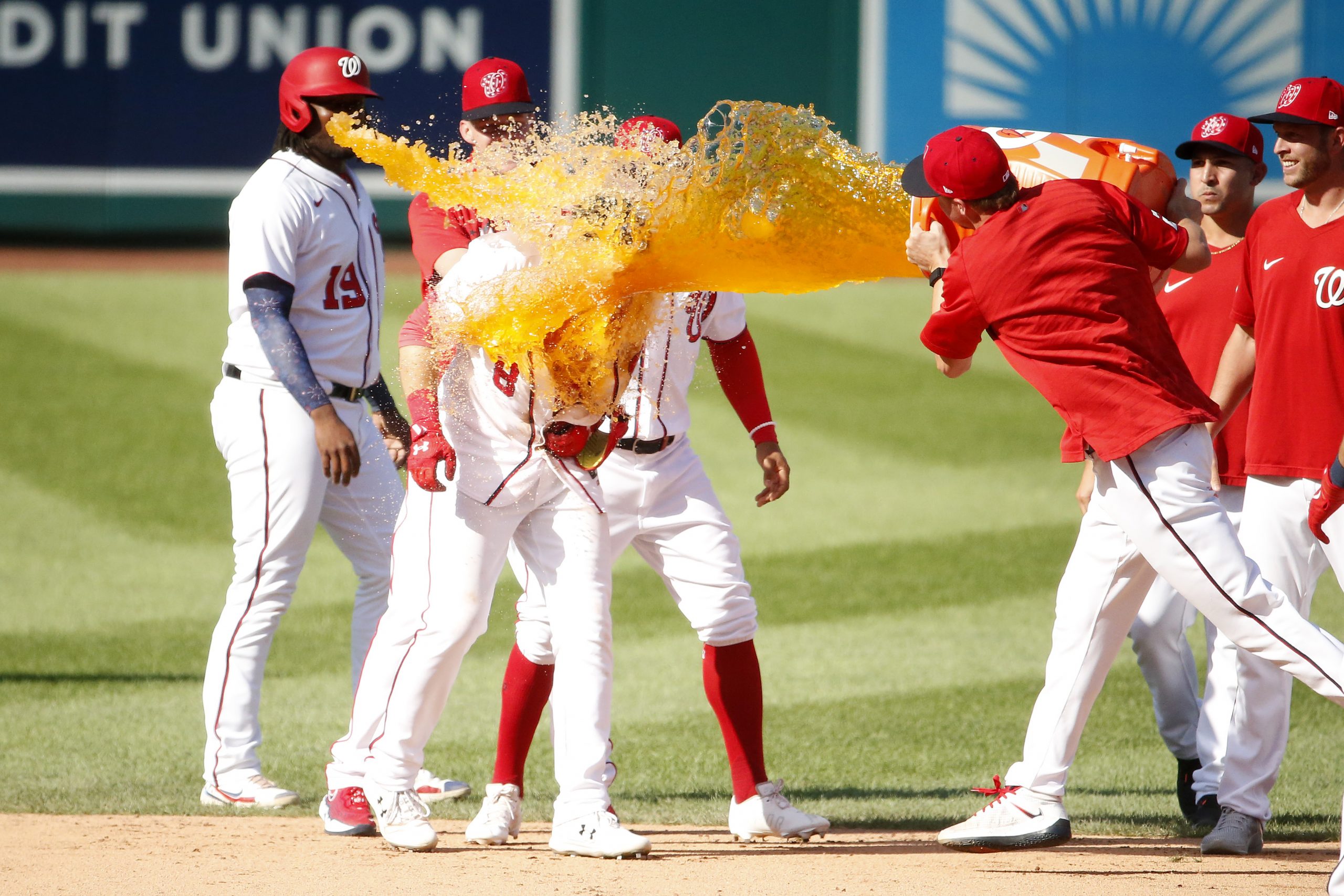Sports betting near the District of Columbia came to a halt for about 24 hours as FanDuel suspended its operations while city lawmakers attempted to finalize the fiscal-year 2025 budget.
D.C. Mayor Muriel E. Bowser, a Democrat, did not sign off on the budget, citing citywide concerns over taxes and expenditures and sent it back to the D.C. Council for further negotiations.
With Bowser sending the proposal back, the move signaled legalized sports betting in the nation’s capital would be reauthorized with new players coming online.
FanDuel returned services to D.C. on Wednesday, but in a different competitive landscape.
FanDuel was once the only game in town.
Not anymore.
Breaking: Mayor Bowser returns budget unsigned to the D.C. Council. She calls for more cuts and criticizes new “mansion tax” and increased tax on businesses. https://t.co/8uGycQrLw0 pic.twitter.com/bMavmZzXNS
— Cuneyt Dil (@cuneytdil) July 16, 2024
FanDuel Finds New D.C. Competition
As the first mobile sports betting platform in D.C., FanDuel objected to new language written in the new budget that would allow as many as six other competitors to enter the market.
At least two companies were prepared to go live.
BetMGM and Caesars on Wednesday initiated mobile bets, while some reports indicated some users experienced some limitations for a few blocks around Capital One Arena. The Office of Lottery and Gaming (OLG) issued the green light.
“The mayor’s action of returning the bill, unsigned, means the bill is now in effect,” an OLG spokesman said in a press release. “This new legislation will open the District of Columbia sports wagering market to new operators.”
DraftKings likely will soon join the D.C. roster, once it receives its license. Already available in 25 states, DraftKings paced the industry’s market share for the second quarter of 2024 and indicated in June it was looking forward “to the potential opportunity to introduce D.C. sports fans to our mobile sportsbook product,” The Washington Post reported.
While the FY2025 D.C. budget has yet to be finalized, the future framework of legalized sports gambling looks to be changing. Companies will be forced to pay the city 20 percent of revenue, plus licensing fees.
BetMGM and Caesars join FanDuel in DC as competitive market goes livehttps://t.co/tYNfa7luPK pic.twitter.com/wkiaNyGs9o
— EGR North America (@eGRNorthAmerica) July 18, 2024
Add The Sports Daily to your Google News Feed!
